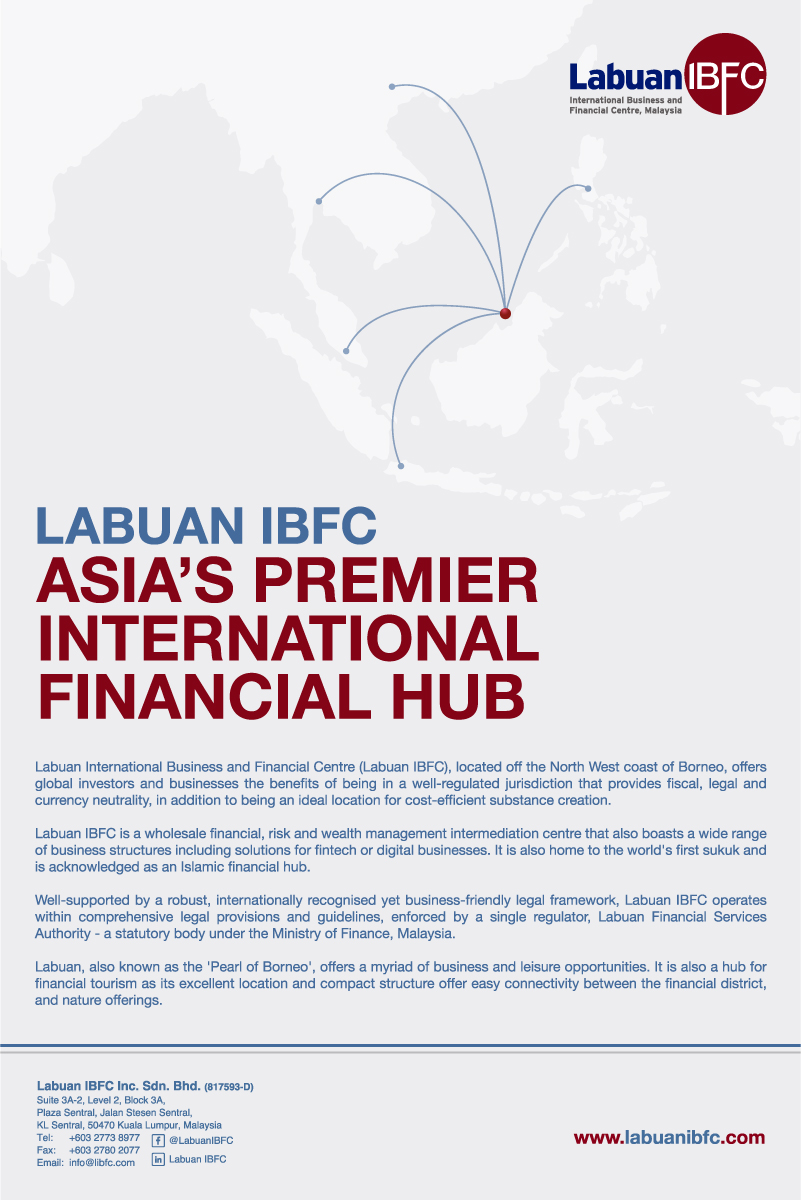Perhaps the most overlooked and yet increasingly critical decision for captive insurance company owners is domicile selection...
Perhaps the most overlooked and yet increasingly critical decision for captive insurance company owners is domicile selection. What used to begin and end with the simple question of either onshore or offshore now requires a full-scale analysis of dozens of specific factors to determine the appropriate domicile.
These factors include responsible regulatory oversight, a proven track record, capitalisation and investment requirements, legislation that supports the captive owner’s objectives, timely application processing, and increasingly so, asset protection. With approximately 70 jurisdictions domestically and internationally to choose from (which is expected to increase), how does one navigate the minefield to determine which is appropriate? The answer: let the facts speak for themselves.
While the competitive gap between domestic and offshore captive jurisdictions continues to decrease, offshore domicile are still considered to be more flexible, and typically more accommodating to captives underwriting the risks of small business owners.
As it relates to the regulatory environment, the Insurance Commission of the Bahamas (ICB) has a proven track record of being captive-friendly, having previously established more than 80 cell captives as of 2013. While accommodating a variety of captive structures, the ICB ensures that all captive activity is rooted in a responsible regulatory framework.
Further substantiating the availability of the jurisdiction to accommodate smaller insurance companies, the ICB has passed reasonable minimum capitalisation requirements amounting to the greater of $50,000 or 20 percent of gross written premiums. As an example, in the case of a captive with annual premiums of say $100,000, posting capitalisation in line with Bahamian regulations represents a more effective use of capital compared with the onshore alternatives in which capitalisation averages in the $400,000 range.
In addition, the ICB has the internal resources available to evaluate a complete application in approximately 30 days. Once approved, the insurance commission has a logical regulatory framework that is free from the more onerous requirements that are typically applied to commercial insurers for the purposes of protecting the uninformed public from buying a product they do not understand.
A sophisticated insured is directly involved in the decision to use alternative risk financing mechanisms such as a captive and has elected to put its own capital at risk to achieve strategic risk financing objectives. In this regard, the captive itself is subjected to a fair but more stringent regulatory requirement that can, and should, be respected by any governing body.
Captive owners are required to undergo annual financial audits, which represent an aggregation of financial statements, and the directors of the captive are legislatively tasked with the responsibility of ensuring the solvency in accordance with the relevant Bahamian insurance statutes.
To that end, captive owners with licensure from the Bahamas enjoy more latitude with the investment capabilities than can traditionally be found onshore, yet still maintain credibility based on the existing infrastructure and the accommodating regulatory framework.
The tax treatment of establishing a captive in the Bahamas is also an important consideration. In this regard, two important elections may be filed on behalf of the captive: a 953(d) election and an 831(b) election.
Electing for treatment under section 953(d) of the Internal Revenue Code allows a foreign business to elect to be treated as a US corporation for tax purposes, as opposed to a controlled foreign corporation. Therefore, while a captive may be licensed in the Bahamas and all subsequent business transactions take place in the Bahamas, the company will be treated as a US corporation for tax purposes and will obtain a federal employment identification number (EIN).
Once the EIN is obtained on behalf of the captive, an 831(b) election may be filed. Provided the captive is established in a manner that is considered to be insurance for US income tax purposes, section 831(b) of the Internal Revenue Code stipulates that an insurance company writing no more than $1.2 million of annual gross written premium is able to retain underwriting profits tax-free.
Additionally, because the captive is treated as a US taxpayer and not a foreign insurer, captive owners will not be subject to foreign excise tax.
Furthermore, the Bahamas remains committed to a tax neutral platform, meaning that there are no income or inheritance taxes for all who conduct business in the Bahamas. More specifically, the Bahamas does not charge a tax on premium income written by licensed external insurers.
Political and economic stability should also be a consideration in the selection of an appropriate offshore domicile. The Bahamas has a world-renowned financial infrastructure, maintaining the ongoing status of being the most successful international financial centre in the Caribbean.
Its mature financial services industry, established international banking infrastructure, progressive government and tax neutral environment have yielded an environment that is conducive to wealth management initiatives of ultra high-net worth individuals around the globe.
Politically, the Bahamas has enjoyed more than 280 years of uninterrupted democracy and has been an independent nation since 1973. It is a member of the United Nations, Commonwealth of Nations, and the Organization of American States and Caribbean Community.
Perhaps most impressively, the Bahamas is the highest-ranking nation for civil liberties and political rights as judged by the World Bank, and has been recognised as a sound environment for foreign direct investment with an investment grade government debt rating by both Standard & Poor’s and Moody’s.
Throw in the close proximity to the US, pristine beaches, world-class resorts, and unrivaled service, and you might just want to move there.





